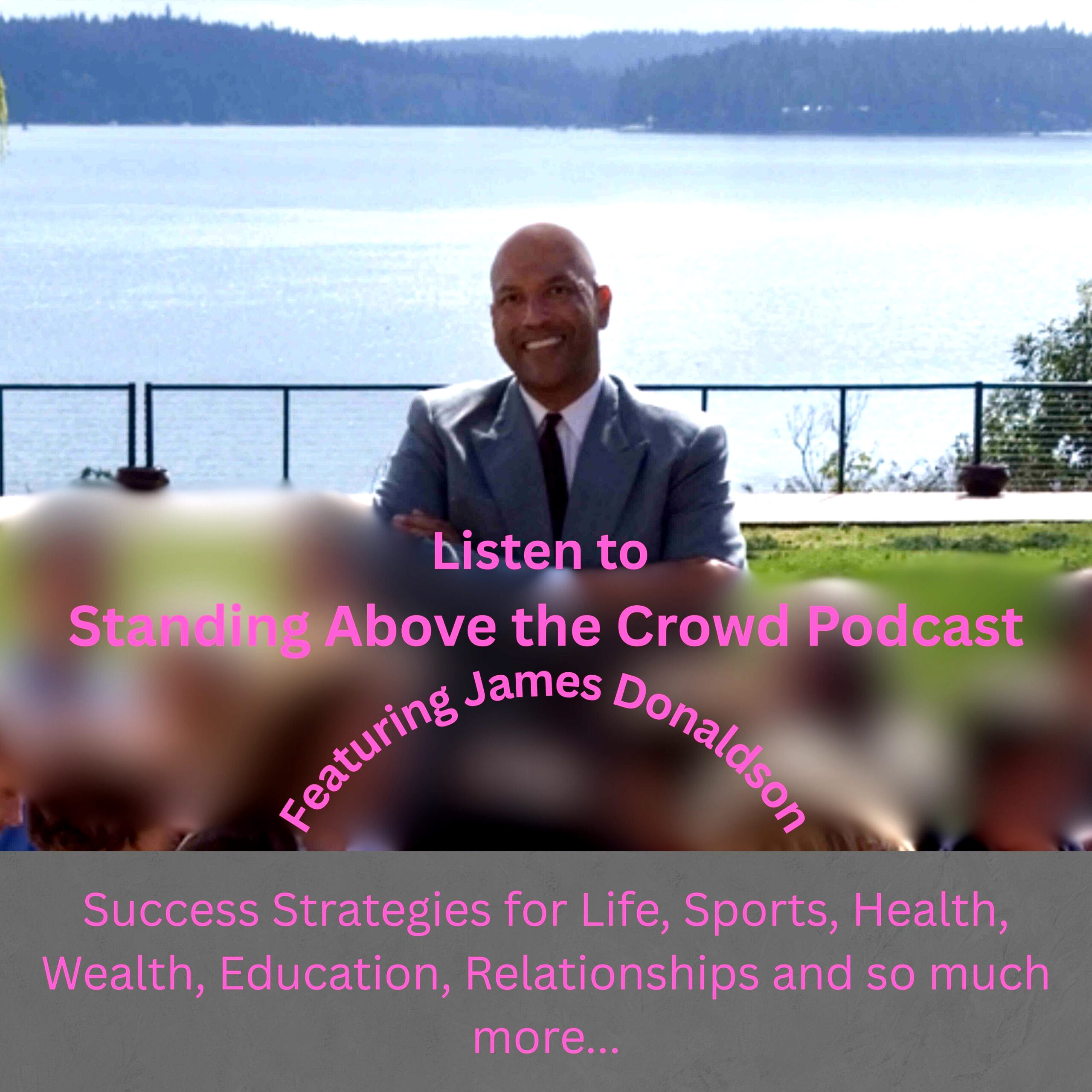Strategies for a Successful Summer Break
Tips for managing your kids’ downtime to help make it relaxing for everyone by Child Mind Institute
Beth Arky
While your average child may be thrilled by the end of the school year, anticipating lazy days and sleeping in, the prospect of summer break isn’t quite that unalloyed pleasure for parents. And if you have a child with emotional or developmental issues who is challenging in the best of times, nothing calls on whatever extra powers you might possess more than the long break that lies ahead.
While all kids do better with structure and routine, those with mental health issues including anxiety, ADHD, and autism spectrum disorders are especially dependent on the predictable “safe zone” that school provides. Without it, they’re more prone to anxiety, oppositional behavior, and tantrums. For the parents who care for them, “vacation” can be anything but.
Here are some tips to help keep your child on track so summer can be as rewarding as possible for everyone in the family:
Maintain your schedule
While you may never be able to duplicate the structure school provides, it helps to maintain the school year’s daily schedule, right down to meal times and bedtime, as much as possible. It can be very tempting to let your kids stay up late and sleep in—especially on weekends when you want to do the same—but in the long run, sticking to the same schedule pays off by keeping your child more comfortable, and hence more cooperative.
Make it visual
Kids who thrive on predictability and are prone to panic over transitions—including those on the autism spectrum—benefit from posted schedules that outline what will happen throughout the day (i.e., 7am: Wake up, go to the bathroom, wash face…8am: breakfast…) Depending on your child’s developmental level, simple pictures can also help.
Make plans
Try to schedule as many activities as possible, as early as possible, and keep your kids posted. This can mean anything from “we’re going to Aunt Mary’s Thursday at 5pm for dinner” to having a set routine that every day, weather permitting, you’ll be going to the playground or pool. Even one such activity can give kids a center of gravity, so to speak, around which the rest of the day can be structured.
It can be tough finding play dates for kids who have difficulty socializing with peers, but some parents have found success through Yahoo! and Meetup groups and other online sites. There, you can get to know other likeminded, nonjudgmental parents who “get” your kids and won’t be offended if a play date has to be cut short. Of course, if you are lucky enough to have family members who are great with your child, don’t be shy about taking them up on offers of help.
Get outdoors
Home can become a safe cocoon, especially for children with sensory issues, who can feel assaulted by extra sights and sounds, or those who have trouble with social interactions. But no child should spend hours in front of a screen. One father of a 9-year-old with oppositional defiant disorder tells us he relies on camp to get his son outside; as well as provide structure and routine. “Without it,” Steve says, his Michael “would sit in front of the TV or play on his Nintendo DS until his eyes fell out.” Even if camp isn’t in the cards, try to find something your child enjoys—riding a bike or scooter, playing tag, or splashing at the community pool, water park, or beach—and do it.
Plus, physical activity is good for everyone’s mind, body and spirit, especially those kids with energy to burn.
Maintain—or create—a behavioral system
Children and teens, especially, may act like they want to be in charge, but the truth is they feel safer knowing exactly what you expect of them and the rewards that result from good behavior. This is never truer than during the seemingly boundless—and boundary-free—summer break. You should choose the two or three most desired positive behaviors to nurture with consistent and positive reinforcement, and try to ignore as many of the negative ones as possible. This teaches kids the definite rewards of the desired behavior, and that acting out gets them nothing—not even negative attention. A chart with stickers for tasks accomplished can work wonders as positive reinforcement for preschool children. And remember: if you have limits, such as 30 minutes a day of earned computer time, you should stick to them.
Find support
Parents of kids with developmental, emotional, or behavioral problems often feel isolated and lonely. It can be difficult watching all the other neighborhood children set off for a camp yours can’t attend; not only are those kids cementing friendships they may have already formed during the school year, so are their parents. Don’t feel bad booking a sitter and spending time with friends; it’ll help you keep from feeling marooned, and your well-being is critical to caring for your child.
If you can’t afford a sitter, close friends with or without kids can also provide good company and support for parents, even if mom or dad is still doing the supervising and discipline. It’s always nice to have an extra adult or even an older child around to help keep an eye on yours.
Mimic home routines, even when traveling
Sally, whose 8-year-old son, Charlie, has Asperger’s, has some very practical tips for planning a family getaway. Staying in a hotel and eating in restaurants “is usually a disaster,” she says, given all the change and extra stimulation. Instead, she’s found that renting an apartment online, where she can mimic home routines, works best; many other families do the same. Sally brings familiar nonperishables and several cooked meals and makes sure there’s a store nearby for things like milk, juice, and fruit. “Having to cook and shop is not exactly a vacation,” she says, “but it’s a lot more peaceful” than trying to eat out.
Work with your child’s strengths and interests
When Steve’s son Michael—the child with ODD—was 5, he started out at the day camp that many of his classmates at the neighborhood school attended. It shared a densely wooded site with other such camps, so it was very important from a safety standpoint that Michael stayed with his group. When the boy began to wander off, Steve recalls, “he got reprimanded by the counselors in such a way that it really set him off with a lot of oppositional/defiant behavior.”
“The camp told us that they couldn’t afford to have a staff member shadow him to make sure he stayed on task and with the group,” Steve continues. In short, “they couldn’t take the responsibility of having him there.”
But Steve found that camp can be great for Michael if it is more structured and geared toward his strengths and interests. Today, Michael is busy throughout the summer at a series of camps for typically developing kids that keep him engaged with things like Lego Robotics and skateboarding. While Michael usually does well, Steve makes sure to keep a line of communication open with camp personnel so that any potential problem involving his son can be “straightened out before he gets kicked out.”
Pinpoint your child’s anxieties
Summer can bring camp, new activities, and different authority figures like new sitters, all of which can be stressful. First, says psychologist Clark Goldstein, you need to figure out your child’s fears, whether it’s separating from you or striking out at baseball. If you’re having trouble doing this, try asking open-ended questions. Rather than pose a yes-or-no question like “Are you worried about camp?” ask “How are you feeling about going to camp?” Once you know, you can encourage her to face her fear. The goal is to teach her that feeling anxious is uncomfortable but anxiety will ebb if you push through it.
Give the child time to adjust
A technique called gradual exposure is a good way of relieving a child’s anxiety about a new experience. For instance, says Dr. Goldstein, if he has separation anxiety or social anxiety—he’s worried that others won’t like him or he’ll embarrass himself in baseball—you might watch the entire first game. The next time, you could stand further back or leave at an appointed time. Eventually, you’ll be able to drop off your now-comfortable child. It can also be helpful to give those working with him a head’s up, without overstepping your bounds. Your goal is to set your child up for success; that includes making sure all the adults are on the same page.
Prepare yourself for some tough times
Even with the best-laid plans, you may see some regression and worsening behavior over vacation. Give yourself a break for not being able to magically avoid it. And be ready to hold your ground in as calm, firm, and consistent a manner as possible. Yelling or becoming physical only escalates things, while giving in teaches your child that if he screams loud enough, he’ll get what he wants.
Shannon Des Roches Rosa, a mother to 10-year-old Leo, writes on the Thinking Person’s Guide to Autism blog that her son, who has autism, “is used to 1:1 supervision and engagement all day long, and I can’t possibly provide the kind of routine and stimulation he craves, no matter how many camps and grandparent visits his sisters get shuffled off to. I try to keep Leo occupied, and I have a lot of support and having an iPad helps, but I still worry that—as has happened in summers past—it won’t be enough, and Leo’s behavior and abilities will keep disintegrating until school resumes at the end of August.”
Yet while she remains “scared of summer,” she also sees a lot of potentials—especially for Leo, a self-taught swimmer who enjoys basking in the family pool. No backyard pool? You may find your child is just as happy playing in a sprinkler and earning music downloads for good behavior. And if you can maintain a sense of fun, there will be many moments of learning and development of the kind that can’t happen in a classroom.

